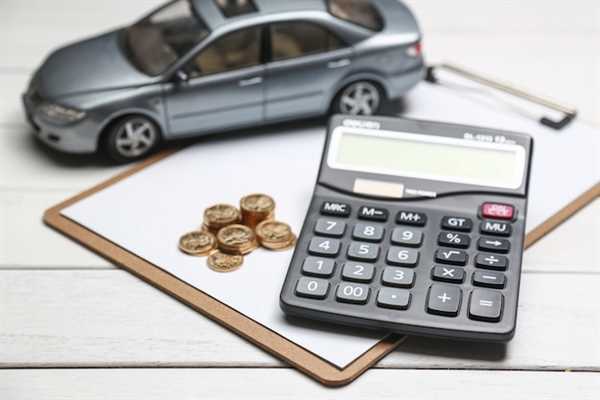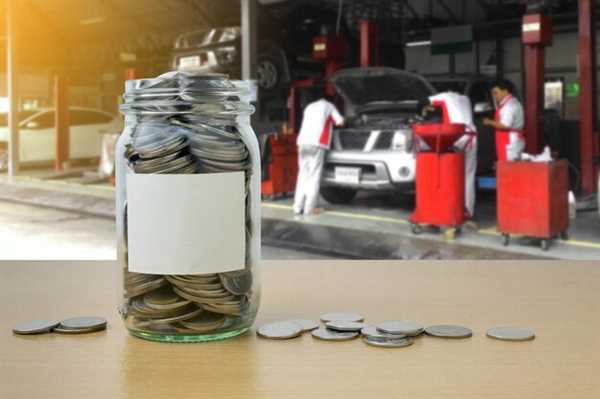
Opt for purchasing vehicles that have been previously damaged, as this can lead to significant reductions in initial costs. Assess the extent of the repairs needed and factor them into your budget to determine if this option is feasible for your financial situation.
Conduct thorough research on models that are known for their reliability despite past incidents. Look for vehicles that have a strong history of performance, even after undergoing repairs. Prioritize inspections and documentation to ensure you’re making an informed decision.
Negotiate prices based on the vehicle’s condition and market trends. Many buyers overlook the potential value of negotiating because they are swayed by initial price tags. Seek to understand the vehicle’s history and leverage that knowledge during discussions.
Additionally, consider the long-term benefits of lower insurance rates often associated with these types of automobiles. Less expensive insurance premiums contribute to more savings over time, making this route even more appealing for those looking to stretch their budget.
Understanding the Salvage Car Market and Best Purchasing Strategies

Research online auctions for vehicles designated as salvage. Websites like Copart and IAAI often have listings that present attractive deals. Make sure to compare prices across multiple platforms to identify the best options.
Inspect any vehicle on-site before making a final decision. Arrange a pre-purchase evaluation by a trusted mechanic to uncover hidden issues that might affect the value or future costs.
Consider the vehicle’s title status. A rebuilt title generally indicates that the vehicle has been repaired after prior damage. This can lead to reduced insurance rates compared to those with a total loss designation.
Review the vehicle history report through services like Carfax or AutoCheck. This offers crucial insights regarding previous ownership, accident records, and title changes.
Set a firm budget prior to bidding or negotiating. Allow for unexpected repairs or modifications, which can quickly accumulate additional expenses.
Engage directly with sellers to gain negotiable insights. Often, individuals looking to sell may be open to discussions about the price based on urgency or their individual circumstances.
Join local online communities or forums dedicated to salvage vehicle enthusiasts. Networking can yield valuable tips and potentially connect you with trustworthy sellers.
Be mindful of salvage vehicle resale value. Some models retain better worth, benefiting from brand reputation and demand that can offset initial costs down the line.
Understand local regulations regarding ownership transfer and insurance for salvage vehicles. Compliance with these can save future headaches and unforeseen financial burdens.
Keep an open mind about future repairs. Being proactive about maintenance can help extend the life and enhance the performance of your new purchase, further justifying the initial expenditure.
Assessing Repair Costs and Potential Resale Value of Salvaged Vehicles

Evaluate repair expenses before acquiring a vehicle marked as salvage. Obtain detailed estimates from certified mechanics for necessary repairs to understand the total investment required. Focus on critical areas such as frame damage, engine condition, and electronic systems. Prioritize vehicles with less extensive damage for lower repair costs.
Research the market value of similar models in good condition to determine potential resale gains. Use online valuation tools and local classifieds to gather accurate pricing information. Compare listings to assess how much a fully repaired vehicle could sell for versus the total cost including repairs.
Factor in average depreciation rates for similar vehicles and consider the impact of salvage title status on future resale potential. Vehicles from reputable manufacturers may retain higher values despite prior damage. Always take into account the overall condition and mileage, as these factors significantly influence resale worth.
Communicate with potential buyers to gauge their willingness to accept a vehicle with a salvage history. This insight can help refine your calculations regarding future resale. Transparency about repairs and improvements made can positively affect perceived value.
Practical Tips for Financing and Insuring Salvage Cars
Research financing options thoroughly. Credit unions often offer lower interest rates compared to traditional banks, making them a strong choice for loans on vehicles with a salvage title.
Consider personal loans as an alternative to auto loans. They may provide flexibility in funding your purchase without the restrictions associated with auto financing on vehicles deemed a total loss.
Negotiate the purchase price to reduce the initial cost. Use online resources to check market values and leverage this information during discussions with sellers.
Explore insurance options tailored specifically for rebuilt vehicles. Some companies specialize in coverage for vehicles with a salvage history, often at competitive rates.
Document repairs thoroughly. Keep receipts and photos of the restoration process. This documentation is crucial for insurance purposes and can aid in negotiating better rates.
Consider liability coverage instead of full coverage, especially if the vehicle’s value is significantly lower than average. This can decrease costs while still providing essential protection.
Shop around for insurers who recognize the value of rebuilt vehicles. Rates can vary dramatically, so getting multiple quotes can yield substantial savings.
Be realistic about the vehicle’s resale value. Understanding the market helps you set a budget and prevents overspending, ensuring financial stability in the long run.


